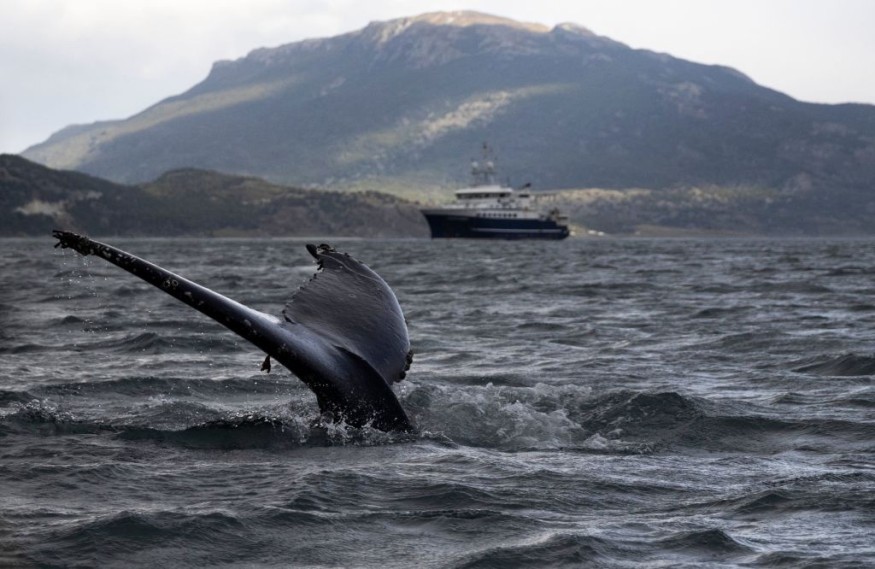A tour boat collided with a whale or a whale shark in the Pacific Ocean, located off the coast of Mexico, injuring half a dozen people.
Local authorities have launched an investigation as the vessel was not supposed to be in the said area of the water.
Collision Incident

Mexican authorities on Saturday, April 23, stated a small Mexican tour boat "hit something" in the open water just near the coastal city of La Paz, Baja California, in Mexico on Friday, April 22.
The authorities, as cited by multiple media reports, suggested that the Mexican-owned vessel hit a certain whale species due to its large size, as per the Associated Press.
Among the casualties, three children sustained light injuries and at least one person was "overthrown" into the vessel's awning or into the sea.
Two adults have required hospitalization, while another aboard the craft was taken by members of the navy to a clinic for treatment following the incident.
Investigation: Whale Watching
Under Mexico's maritime laws and regulations, boats involved in whale watching are required to maintain a safe distance from the creatures.
However, the vessel involved in Friday's supposed accidental collision is not part of the whale sight-seeing activity, as per ABC News.
An undisclosed video posted by the civil defense office, as cited by both ABC News and the Associated Press, showed that the boat was moving at a high-speed rate before hitting the massive marine mammal.
No immediate details were provided as to what happened to the suspected whale creature.
Due to the unconfirmed aspects of the incident, the civil defense office is reportedly investigating the circumstances that led to the collision.
Whale watching is a recreational activity associated with observing not only whales but also other cetaceans in their marine habitat.
Vessel-Whale Collisions
Contrary to popular belief, the occurrence of incidents similar to the one in Mexico last week is not rare.
In fact, collisions between a marine craft and cetaceans also referred to as vessel-whale collisions or a ship strike, are a common and increasing occurrence on a global scale, as per the Australian Marine Mammal Centre.
However, a majority of vessels involved in such incidents belong to marine industrial activities like oil and gas exploration, shipping, and cruise lines.
Due to the increasing threat posed by ship strikes for both humans and cetaceans, the International Whaling Commission intends to reduce such incidents as a priority and impose various measures, including the creation of a standardized global database of related collisions and the creation of the Scientific and Conservation Committees.
The National Oceanic and Atmospheric Administration (NOAA) Fisheries states that a vessel strike also pertains to the collision between a boat and any marine animal, such as dolphins, sea turtles, fish, seals, sea lions, or whales.
The NOAA Fisheries highlighted that a ship strike can occur in any part of the world, especially in regions where both maritime traffic and marine animal population are high.
In Florida alone, the US agency states that injuries in 20% or 30% of stranded sea turtles are consistent with vessel strikes.
Related Article : 5 Reasons Why You Should Not Go Whale Watching
© 2026 NatureWorldNews.com All rights reserved. Do not reproduce without permission.





